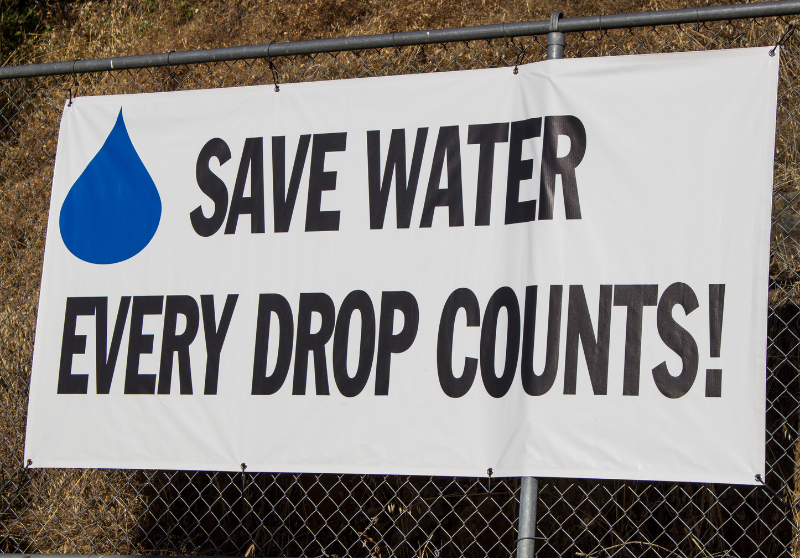Why is water conservation important?
Water conservation is vital for your irrigation system, benefiting the planet and reducing water bills. Efficient sprinkler heads, adjusted watering schedules, and regular maintenance reduce water waste. This ensures every drop counts, preserving plant health and preventing overwatering, which can lead to diseases like root rot. Understanding water conservation’s importance allows you to positively impact the environment while maintaining a thriving, sustainable landscape.
Understanding your irrigation system
Effective water conservation starts with understanding your irrigation system’s role in water usage. Knowing how your system works enables you to make necessary adjustments, minimizing water waste and providing the right amount of water for your plants. Recognize components like sprinkler heads, valves, and timers, and understand their impact on water distribution. Adjusting irrigation schedules based on plant needs further optimizes water usage. Knowledge about your irrigation system empowers you to make informed decisions, creating a more sustainable landscape.
Check for leaks and repair them
Conserving water with your irrigation system requires regularly checking for and repairing leaks. Even small leaks can waste significant water and lead to higher bills. Regular inspections and prompt leak fixes ensure efficient water use and prevent unnecessary strain on water resources. Addressing leaks early also prevents further damage to your system, saving money on future repairs. Checking for leaks is a simple yet effective way to contribute to water conservation for both your wallet and the environment.
Adjust your sprinkler settings
Conserving water involves adjusting sprinkler settings to prevent overwatering. Proper adjustments ensure your lawn and garden receive the right amount of water, saving water and reducing bills. This promotes healthier, sustainable plant growth while preventing water waste. Adjusting sprinkler settings is a straightforward step in water conservation that benefits both your landscape and your budget.
Use a smart irrigation controller
Efficient water conservation is achievable with a smart irrigation controller. These devices use advanced technology to monitor weather conditions, soil moisture levels, and plant water needs. By automating irrigation and adjusting schedules, smart controllers prevent overwatering and wastage. With Wi-Fi connectivity, they provide convenient remote control through smartphone apps, offering complete access and on-the-go adjustments. Incorporating a smart irrigation controller not only saves water but also reduces bills and promotes a healthier landscape.
Consider installing a rain sensor
A rain sensor is a smart, efficient addition to conserve water in your irrigation system. It detects rainfall and automatically shuts off your system, preventing unnecessary watering. This conserves water and saves money on water bills. Installing a rain sensor ensures your irrigation system operates only when needed, aligning with natural precipitation. This simple solution benefits the environment and promotes responsible water usage.
Choose drought-tolerant plants and grass
Water conservation involves selecting drought-tolerant plants and grass for your irrigation system. These plants naturally adapt to arid conditions, reducing the water needed to keep them healthy. Deep root systems and drought-resistant grass varieties significantly decrease water consumption. Opting for water-wise choices conserves water and creates a beautiful, sustainable outdoor space.
Mulch your garden beds
Mulching garden beds is a simple yet effective technique for conserving water in your irrigation system. Applying organic mulch reduces water evaporation, retaining moisture and keeping plant roots cool during hot weather. Mulch also acts as a natural weed suppressant, minimizing competition for water resources. By mulching your garden beds, you save water and promote healthier, resilient plants.
Water your lawn and plants efficiently
Efficient water usage for your lawn and plants is crucial for water conservation. An irrigation system, properly set up and maintained, ensures every drop is used efficiently. Consider a smart controller for automated adjustments based on weather and soil conditions. Drip irrigation or soaker hoses minimize water waste by delivering water directly to roots. Regular inspections and repairs prevent water loss. Following these water conservation tips results in a lush garden while minimizing environmental impact.
Monitor and maintain your irrigation system regularly
Conserving water and ensuring your irrigation system operates efficiently requires regular monitoring and maintenance. Check for leaks, clogged sprinkler heads, and other issues to address problems promptly and prevent water waste. Adjusting watering schedules based on changing landscape needs and weather conditions prevents overwatering and promotes healthy plant growth. Proactive steps in monitoring and maintaining your irrigation system save water, reduce bills, and contribute to environmental protection.
